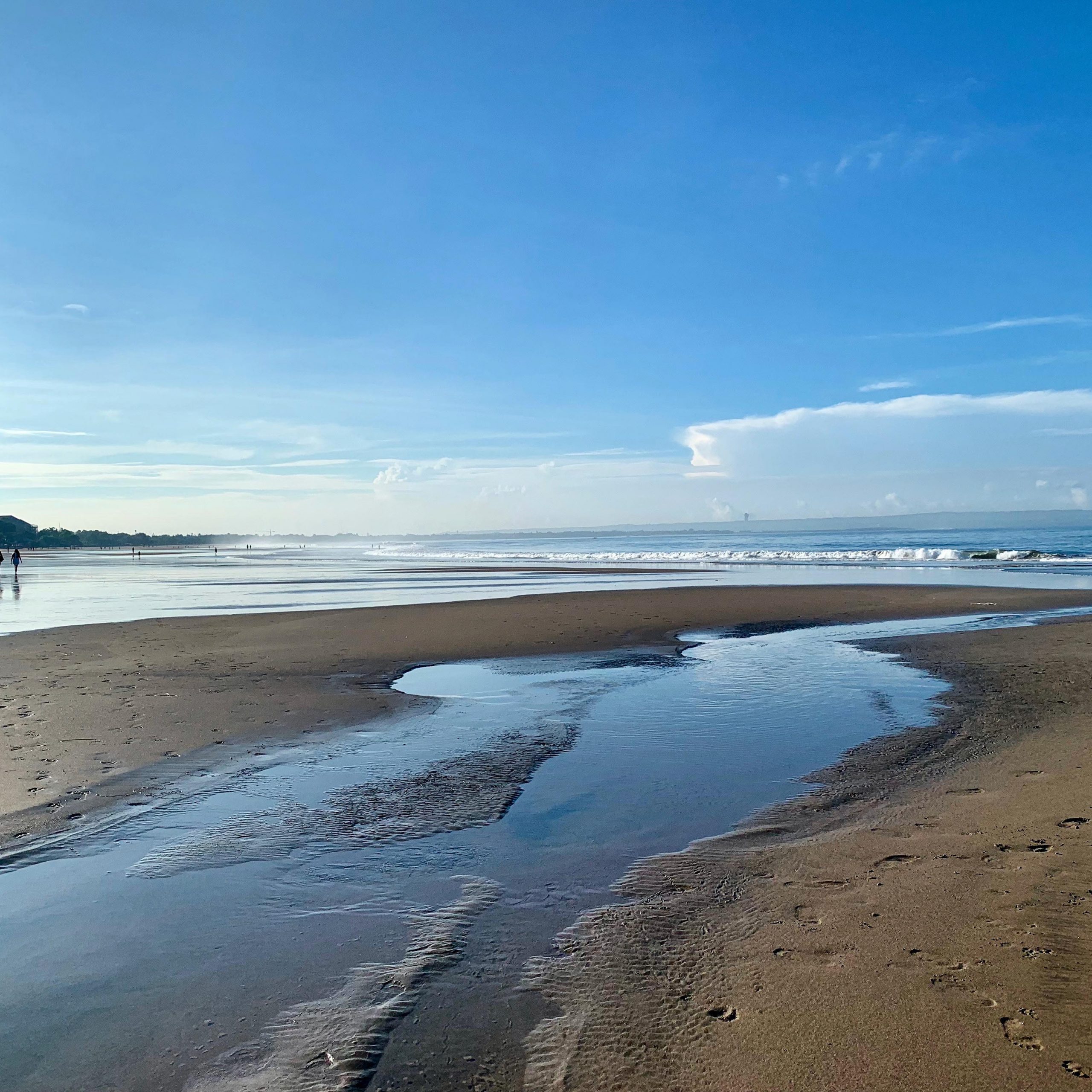To help Indonesia cope with the future, Indonesians, especially the younger generation, need a better understanding of their past. Across the world, I sense that history is in retreat: What do I mean by this? For the millennial generation, the past is poorly captured. The great wars and upheavals of two generations ago are almost forgotten. We live in an age of the here and now, in an era that stresses individual achievement rather than collective strife and struggle. Our own histories as individuals seem to matter more than the ways in which great events in the past shaped the world we live in today.
The study of Indonesian history has long been framed and interpreted by outsiders. In part, this was because it was foreigners who attended and chronicled significant moments of Indonesian history; Indonesians themselves were too preoccupied with or divided by momentous events. However, there has also been a reluctance on the part of Indonesians to frame their history in rich detail, which has ceded the field to outsiders, or what we call Indonesianists.
Indonesian history is considered the life work of scholars such as George T. Mc Kahin, of Ben Anderson, and Herbert Feith. Some might consider I made my own modest contribution chronicling the rise and fall of former President Soeharto in the mid-1990s.
That’s not to say there are no Indonesian historians. As a student, I was introduced to the works of Kuntowidjojo and Nugroho Notosusanto. I had the pleasure of knowing Ong Hock Kham, Des Alwi and Tawfik Abdullah. All great historians and scholars, but limited by constraints on academic freedom and perhaps where they stood in Indonesian society.
At the same time, as Foreign Minister Retno Marsudi just said: there are many foreign scholars and observers like myself who have focused for many years on Indonesia’s struggle for democracy, on the particularities of Javanese culture and more recently the rise of conservative Islam and identity politics. We too have been selective in our approach.
This needs to change; Indonesians need to seize control of their own narrative of the past.
The past is awkward: Indonesia’s birth was attended by violence and brutality; there was a fragile consensus on national identity based on conflicting ideologies that led to subsequent bouts of violence. The shame of this internal feuding and the massive loss of life it generated, are hard to reconcile with proud national identity.
Even the revolutionary period – 1945-9 – itself seems controversial. The Dutch government recently launched a project to gather testimonies about the period immediately after the end of the Pacific War and Indonesia’s declaration of Independence – which led to four years of armed struggle. But many Indonesians fear this process will uncover messy incidents of internal blood-letting. The war against the Dutch was brief but brutal, but the struggle for independence also pitted Indonesians against each other.
There is also a sense in which Indonesia’s many component parts – have unequal histories, some better articulated than others. Post-independence there is a messy history of integration and unequal development. How do the people of Aceh, Ambon, Sulawesi and West Sumatra, and more recently Papua relate to their rebellious past? Should this not be part of the national narrative? Much of the buried grievance in Indonesia stems from the failure to acknowledge a history of struggle and suffering between centre and periphery.
Because of all this, fears of accountability and revenge-seeking have hindered a detailed examination of the past. Not that the past is buried. This allergy to history, with its precise tallying of events, has left the recounting of the past to artists, who have more license, but tend to be imprecise and subjective.
For too long in Indonesia, events in the past have been principally interpreted by Indonesian novelists, poets and playwrights. They have used allegory and creative scene-setting to mask or embellish events.
The other night in Ubud I watched a short film based on Leila Chudori’s “Laut Bercerita”, a novel set in the mid-1990s that examines the lives of abducted students. But the scenario presented of students brutally tortured by unnamed agents, obscures the wider context of the events leading up to Indonesia’s transition to democracy in 1998. Chudori’s novel is one of the first attempts to chronicle the period, but as a work of fiction it is understandably selective and imaginary.
Detailed accounts of the period have been left to outside Indonesianists, and therefore necessarily impart an outsider perception.
What should be done?
I want to argue here that Indonesia needs a history project. As painful as much of the history is, I believe it will help Indonesia face the future – and contribute more to the world. The example of South Africa comes to mind: Coming to terms with the apartheid period with a degree of truth and honesty has enabled South Africans to usefully share the pain and triumph of their struggle for freedom.
There has been some progress; in 2012 the National Human Rights Commission produced an exhaustive report on the anti-Communist killings of 1965, concluding that the government should commence a process of investigation into human rights abuses. But apart from addressing the victims’ needs what is really needed is a dispassionate account of what happened.
Finally, let me say that for future generations, it is important that we Indonesianists from outside help contemporary scholars and teachers find a better way to frame Indonesia’s colourful and important history. There are now more than 7,000 foreign students in Indonesia; one way you can all help is to share your histories. Another concrete way to reach a wider audience would be to fund a television documentary, made by young Indonesians and drawing on the recollections of their seniors, allowing history to be presented in an honest and accessible manner.
Indonesia’s role doing good in the world must rest on firm foundations. History is one of the most important pillars.
Terima kasih. Thank you.
